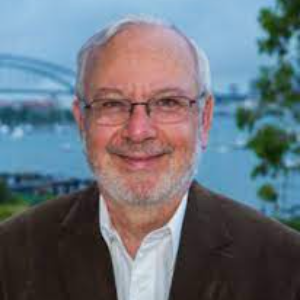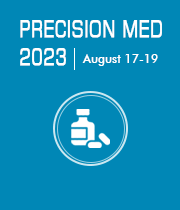Lifestyle Medicine
Lifestyle medicine is a medical approach to chronic disease prevention, treatment, and management that employs evidence-based behavioral therapies. In a clinical and/or public health setting, lifestyle medicine is described as the application of environmental, behavioral, medicinal, and motivational principles to the management (including self-care and self-management) of lifestyle-related health conditions. Lifestyle medicine is frequently described in terms of its '6 Pillars' (diet/nutrition, physical activity, smoking cessation, alcohol harm reduction, sleep and stress management, and, of course, social connection), but there are many more pillars of health, ranging from the easily modifiable 'top four' or 'top six' behaviors to the numerous societal and environmental drivers that are more difficult to modify and require social change and political will. As a holistic, evidence-based approach to the difficulties facing our society and health system, Lifestyle Medicine is gaining acceptance around the world.
- Chronic disease
- Emotional well-being
- Humor and laughter
- Lifestyle medicine
- Mental health
- Preventive medicine
- Quality of life

Bernd Blobel
University of Regensburg, Germany
Roy Gary Beran
University of New South Wales, Australia
Matthias Schwab
University of Tubingen, Germany
Thomas Webster
Interstellar Therapeutics, United States
Boris Tankhilevich
Magtera, Inc., United States
Isabella Friis Jorgensen
University of Copenhagen, Denmark


Title : The use of anti seizure medication therapeutic blood level determination to personalise the treatment of epileptic seizures especially in patients attending the accident and emergency department
Roy Gary Beran, University of New South Wales, Australia
Title : Personalized and precision medicine (PPM) can be established as a unique healthcare model through biodesign-driven and inspired biotech, translational applications. This approach aims to ensure human healthcare, wellness, and biosafety.
Sergey Suchkov, Institute for Biotech & Global Health of RosBioTech and A.I. Evdokimov MGMSU, Russian Federation
Title : Monitoring folds localization in ultra-thin transition metal dichalcogenides using optical harmonic generation
Ahmed Raza Khan, Australian National University, Australia
Title : A systematic review of regulatory approaches for Direct- To- Consumers (DTC) genetic testing
Kavitha Palaniappan, Duke-NUS Medical School, Singapore
Title : Regulatory framework of in vitro diagnostic and artificial intelligence for precision medicine
Pei Ting Sarah Chou, Regulatory Affairs Professionals Society, Taiwan
Title : Unraveling cancer stem cell signatures in circulating tumor cells of metastatic colorectal cancer: Investigating ALDH1A1 and the repurposing potential of disulfiram via scRNA-seq
Nurul Syakima Ab Mutalib, Universiti Kebangsaan Malaysia, Malaysia